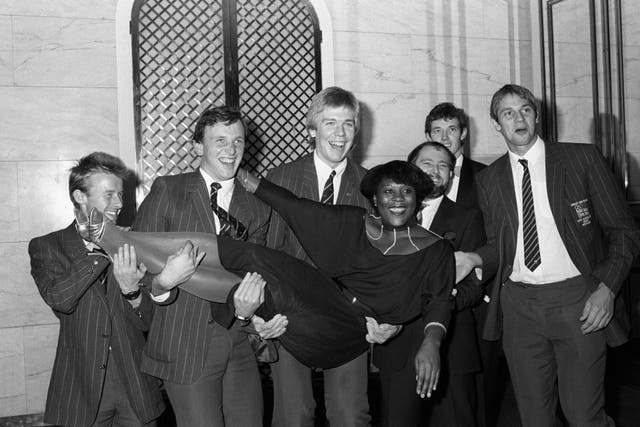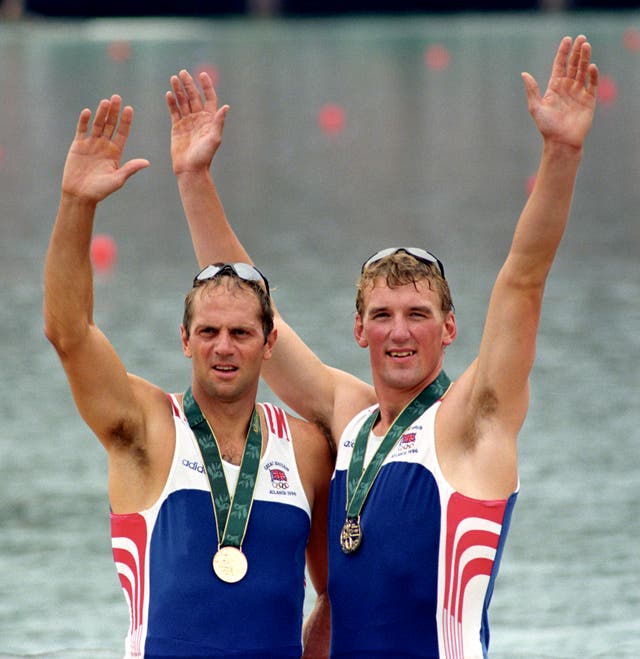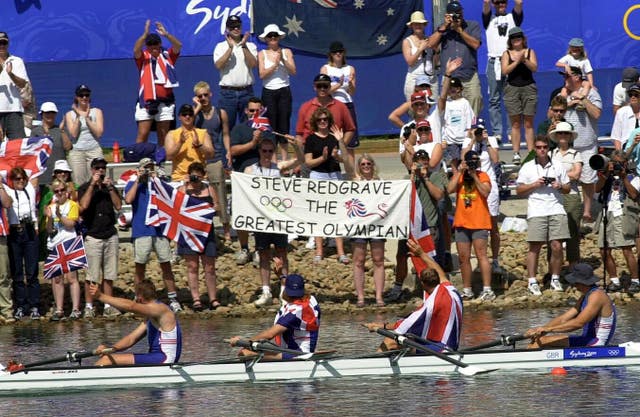
Sir Steve Redgrave may be one of the most decorated Olympians of all time but he is destined to be remembered as much for what he said getting out of a boat as what he did in it.
“If you ever catch me near a boat again, shoot me!” gasped Redgrave after he and partner Matthew Pinsent had successfully defended their men’s coxless pairs title in Atlanta in 1996.
Four years on, of course, Redgrave would win his fifth consecutive Olympic gold medal as part of the coxless fours team, upon which, finally, he managed to retire from the sport for good.

Still safely away from the water, and celebrating his 58th birthday on Monday, Redgrave’s achievements in terms of quantity of medals have since been surpassed by cyclists Sir Chris Hoy, Sir Bradley Wiggins and Jason Kenny.
But few would argue that Redgrave’s success – he remains the only man to have won gold medals at five Olympic Games in an endurance sport – does not deserve to stand alone.
Redgrave won his first gold medal at the Los Angeles Olympics in 1984. A member of the coxed fours team, he was 22 years old and had never previously visited the United States.

The Eastern Bloc boycott – which removed the favourite East German team in particular – played into British hands, despite Redgrave later admitting their absence had “devastated” the rowing competition.
Redgrave went on to form a partnership with Andy Holmes, winning the 1986 world title and repeating the feat two years later in Seoul to clinch his second gold medal, also picking up a bronze in the coxed pairs.
By 1990, Redgrave had formed his formidable partnership with Matthew Pinsent, eight years his junior, and the pair would go on to dominate the sport for the best part of a decade, starting with victory at the Barcelona Games by fully five seconds over their nearest challengers.

Atlanta four years later yielded Redgrave’s retirement claim, but as GB’s only gold medal winners of a disastrous Games, the pressure was soon on Redgrave to retract, and he duly did so in order to give the Olympics one last shot.
The history books were re-written after Sydney, a moment hailed by then IOC president Juan Antonio Samaranch. Fifth time around, Redgrave would need no more convincing to change his mind.


Comments: Our rules
We want our comments to be a lively and valuable part of our community - a place where readers can debate and engage with the most important local issues. The ability to comment on our stories is a privilege, not a right, however, and that privilege may be withdrawn if it is abused or misused.
Please report any comments that break our rules.
Read the rules here